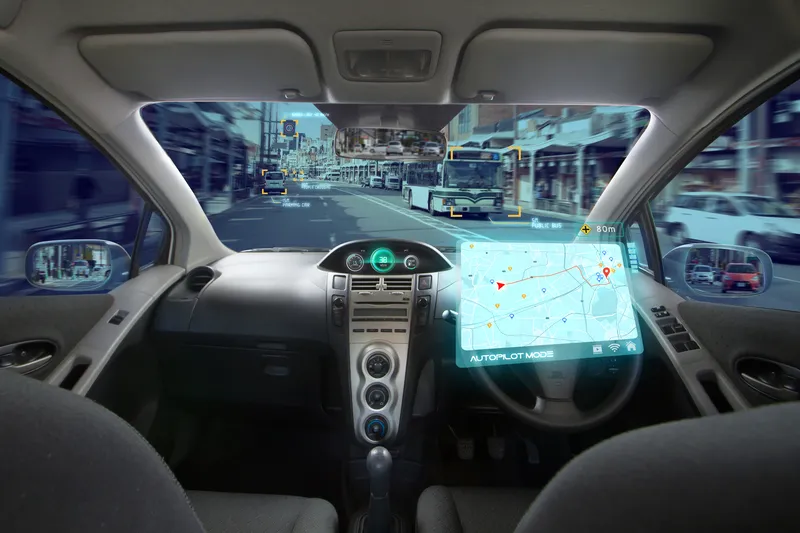
Microsoft's Azure platform is being used by Volkswagen's (VW) Car Software organisation to build a cloud-based automated driving platform (ADP).
Microsoft says running the ADP on Azure will allow Car Software to increase the efficiency of the development of advanced driver assistance systems (ADAS) and AD functions for passenger cars across VW brands.
Car Software CEO Dirk Hilgenberg says: “We are building the automated driving platform with Microsoft to simplify our developers’ work through one scalable and data-based engineering environment."
"By combining our comprehensive expertise in the development of connected driving solutions with Microsoft’s cloud and software engineering know-how, we will accelerate the delivery of safe and comfortable mobility services.”
Scott Guthrie, executive vice president, cloud + AI at Microsoft, says: “The power of Microsoft Azure and its compute, data and AI capabilities will enable Volkswagen to deliver secure and reliable automated driving solutions to their customers faster.”
ADAS and AD vehicles can help improve passenger safety while reducing congestion, but Microsoft points out that building these solutions requires large-scale computational capabilities.
According to Microsoft, petabytes of data from road and weather conditions to obstacle detection and driver behaviour need to be managed every day for the training, simulation and validation of AD functions.
Machine learning algorithms that learn from billions of real and simulated miles driven are key to connected driving experiences, the company adds.
The partners will address these challenges by utilising learnings through a database comprising traffic data from vehicles as well as simulation data.
The ADP is expected to help reduce the development cycles from months to weeks and efficiently manage the huge amount of data.
Both companies intend to allow technology partners to build tools and services that integrate with the platform to improve the creation of AD and ADAS solutions.







